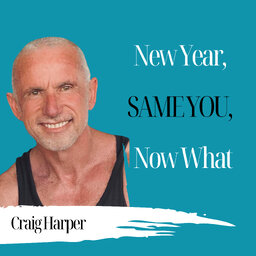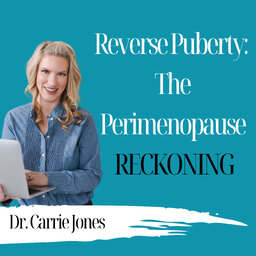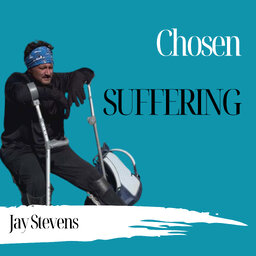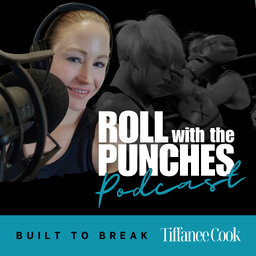You Are Not Your Diagnosis (Or Your Bullsh*t Self-Talk) | Dr. Paul Conti - 893
Dr. Paul Conti is back, and we are getting stuck into the real head stuff. Ever feel like life’s charging ahead while your brain’s still trying to process what the hell just happened? Same. Dr. Conti reckons trauma, identity, and mental health all play a bigger role in that than we realise... And given he's one of the leading experts in trauma and mental health, I'm all ears!
We chat about how trauma sneaks in and shapes our thinking, and why so many of us get stuck in identities that don’t even fit us anymore. Turns out, mental health isn’t just about slapping a label on yourself and calling it a day - it’s about actually understanding how your mind works and taking charge of the narrative.
We also dive into self-talk (spoiler: yours might be more brutal than you think), why sarcasm and self-deprecating humor can be a sneaky form of self-sabotage, and how changing up your environment can shift your entire perspective.
If you’ve ever felt stuck in your own head, trapped in old stories, or just unsure how to shift gears, this one’s for you.
SPONSORED BY TESTART FAMILY LAWYERS
Website: testartfamilylawyers.com.au
DR. PAUL CONTI
Website: www.drpaulconti.com
TIFFANEE COOK
Linktree: linktr.ee/rollwiththepunches/
Website: tiffcook.com
LinkedIn: linkedin.com/in/tiffaneecook/
Facebook: facebook.com/rollwiththepunchespodcast/
Instagram: instagram.com/rollwiththepunches_podcast/
Instagram: instagram.com/tiffaneeandco
In 1 playlist(s)
Roll With The Punches
Aussie host Tiffanee Cook is an athlete, performance coach, speaker and self-proclaimed eternal stud…Social links
Follow podcast
Recent clips

New Year, Same You, Now What | Harps & Tiff - 980
49:00

Reverse Puberty: The Perimenopause Reckoning | Dr. Carrie Jones - 979
54:56

Chosen Suffering | Jay Stevens - 978
48:01
 Roll With The Punches
Roll With The Punches